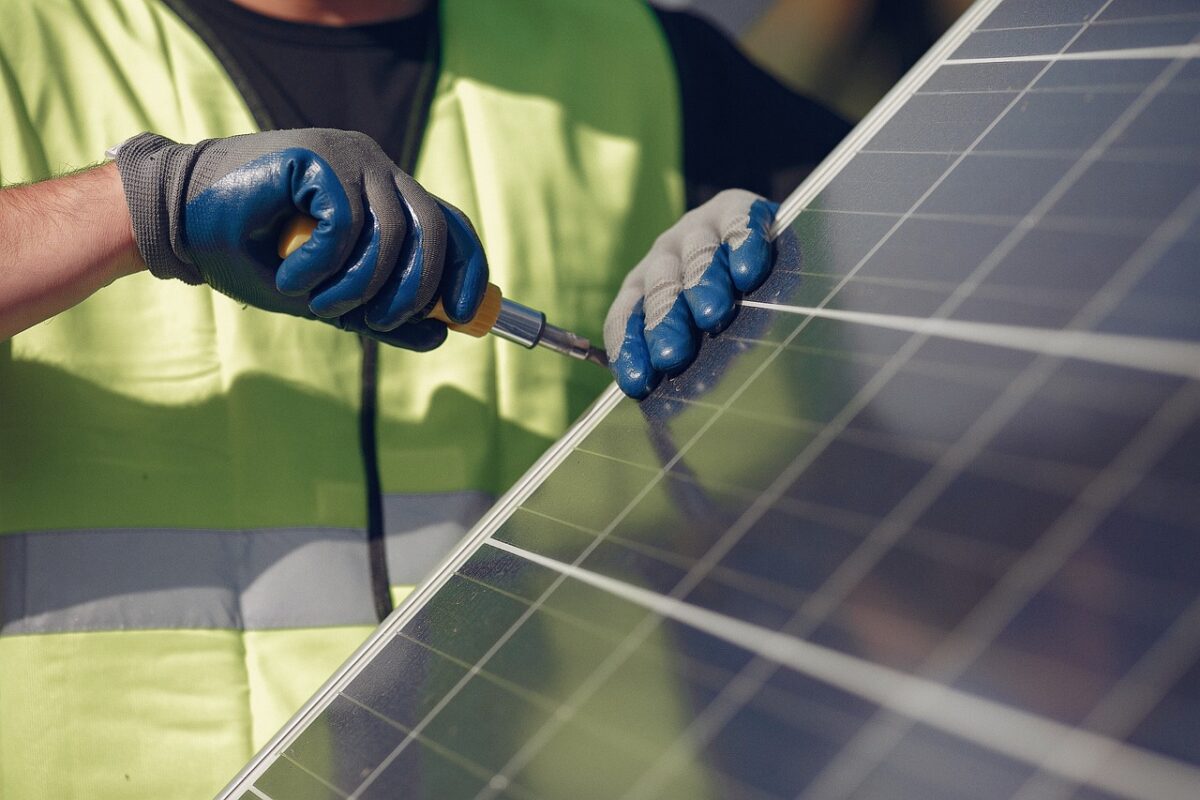From pv magazine Australia
A team of researchers from UNSW has developed a method for recycling end-of-life solar panels that allows them to separate 99% of PV cell component materials.
The scientists have also secured AUD 5 million to establish a new solar panel recycling research hub. The Australian Research Council (ARC) has awarded UNSW Sydney funding to set up the ARC Research Hub for Photovoltaic Solar Panel Recycling and Sustainability. The facility will bring together experts from across universities and industry to improve the domestic recycling chain.
UNSW Engineering Professor Yansong Shen, who will lead the research hub, said the goal is to improve technology across the entire value chain of solar panel production.
Shen said the center will aim to develop industry translations of scalable PV recycling solutions and materials reuse, and redesign PV panels to improve reliability and allow for easier separation and extraction of component materials such as aluminum, glass, silicon, silver, and copper for reuse.
“A redesigned PV panel with high reliability and long service life will enable reliable PV service in their massive installations in Australia,” he said. “A redesigned PV panel with a ready recycling structure will also allow for cheaper recycling and encourage more PV installations.”
Shen said the new ARC hub will also develop new supply chains and markets, encourage Australia’s R&D critical mass, and continue to build on the research team’s work in recycling solar panels.
The team’s patented process uses conventional methods to separate the large components, such as the aluminum frame and glass sheets, and crushing of the cell but then puts the crushed pieces inside a vibrating container. Stainless steel balls are used to crush the panel pieces further and sieve into different-sized particles. Tests indicate the entire crushing and sieving process takes about five to 15 minutes to effectively separate 99% of the materials, including silver.
Shen said the new ARC center’s research team will include experts from across the entire PV recycling value chain, ranging from scientists to manufacturers to recyclers, to users of key recycled materials.
UNSW Acting Deputy Vice-Chancellor Research and Enterprise Professor Merlin Crossley said developing efficient and cost-effective recycling solutions is critical, with estimates forecasting that more than 100,000 tons of PV waste will annually enter the national waste stream by 2030.
“Effectively dealing with solar panel waste is an important part of Australia’s national net-zero plan and sets up the industry to continue to be a key renewable energy source into the future,” he said.
The UNSW project is one of seven new research hubs to share AUD 34.7 million as part of the ARC’s latest funding round. The ARC said the hubs under the program are designed to support and foster industry-university research collaboration in areas capable of driving innovation in Australian industries.
This content is protected by copyright and may not be reused. If you want to cooperate with us and would like to reuse some of our content, please contact: editors@pv-magazine.com.









By submitting this form you agree to pv magazine using your data for the purposes of publishing your comment.
Your personal data will only be disclosed or otherwise transmitted to third parties for the purposes of spam filtering or if this is necessary for technical maintenance of the website. Any other transfer to third parties will not take place unless this is justified on the basis of applicable data protection regulations or if pv magazine is legally obliged to do so.
You may revoke this consent at any time with effect for the future, in which case your personal data will be deleted immediately. Otherwise, your data will be deleted if pv magazine has processed your request or the purpose of data storage is fulfilled.
Further information on data privacy can be found in our Data Protection Policy.